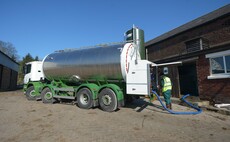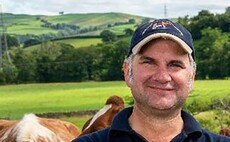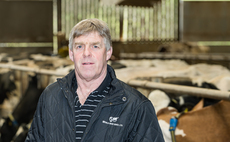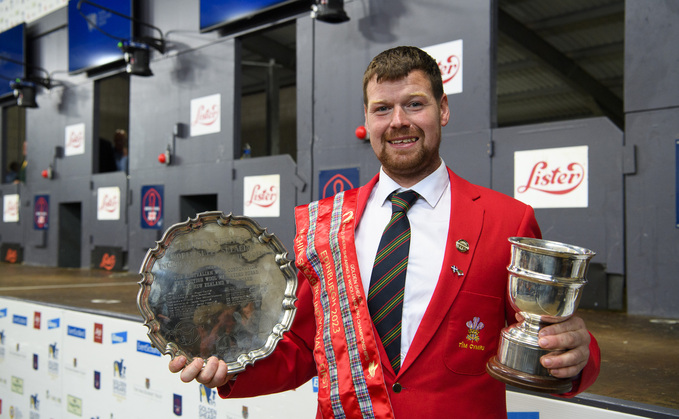
The Golden Shears are the shearing equivalent of the Olympics.
Held at the Royal Highland Show last year, Welsh shearers were on fire when the team claimed top prizes in the machine, blade and wool handling classes.
But there was one North Walian shearer, Gwion Lloyd Evans, who took the title many shearers dream of: Champion Shearer of the World in the most popular category — machine.
Gwion's journey started from humble beginnings on the family farm in Bylchau, Denbeigh, where Welsh is his first language.
Over two holdings, he runs a beef and sheep system alongside his brothers and father.
The herd is made up of continental crosses, predominantly British Blue cross dairy cows and they also rear 50 calves on an automatic feeding system.
READ NOW: Young Welsh new entrant couple build successful meat box business
Their flock is split into two systems with 1,000 crossbred ewes and 400 pure Welsh Mountain ewes which graze the common hill.
Breeding rams are something the family have a great passion for, and success has followed with their flock record standing at 23,000gns. All stock is sold in local markets through the store trade.
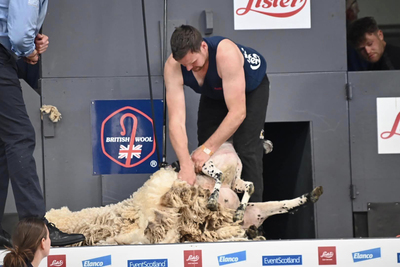
Learning
Gwion has worked in farming his whole life, starting on the home farm before working on a neighbouring farm and, in later years, shearing in New Zealand and Norway.
Shearing is a large part of rural culture in Wales, with competitions being a spectacle at most local shows. But Gwion believes its success is because of it being a deep-rooted skill performed on sheep farms every year.
Gwion says: "Not only is shearing a sport and a huge spectacle, but a vital husbandry task on sheep farms. Wool is a sheep's natural product and the welfare of sheep is improved by them being shorn every 12 months."
The sport is a family passion and Gwion started to learn to shear from the age of 12 on the home farm. He was taught by his father, who was a keen shearer and his brother, Gareth, who has since claimed the title of Champion Shearer of Wales.
READ NOW: PICTURES: The historic art of gathering and shearing - how much has really changed?
Gwion says: "They guided me to help learn the basic style and footwork involved with the sport. I gained experience as I worked on local farms as I shadowed Gareth, which helped build up numbers on my tally. By my 16th birthday, I reached the milestone of shearing 300 in a day."
It has helped build his determination, which he believes is crucial to make a good shearer.
He wanted to push his career further and, at 18 years old, he completed his first season in New Zealand at Hakes Bay. Shearing across the globe also allowed him to see varying sheep systems.
"This gave me my first taste of freedom away from home. However, after two seasons, I stayed in Wales to shear for a few years due to back pain," he says.
"In New Zealand, the sheep are larger with more wool and there are often shearing sheds which are set up with machines ready.
"We were shearing from seven in the morning until five in the evening. Even if there were 50 sheep left at the end of the day, we would turn the machines off, which is very different to over here."
But when shearing for a term in Norway, the sheep were even bigger, he says.
With a partner, he was working 12-hour days, shearing for a slaughterhouse. The lambs were big, killing out at 24 kilograms and he sheared 2,500 in one week. These extensive days gave him time to build on technique and fitness.
Competition shearing
His first competition shear was at 14 years-old at the Royal Welsh Show.
"I arrived too late to enter the juniors, so I went straight into the intermediates," he says.
"But this did not put me off. The atmosphere and experience instantly gave me the bug."
He competed at local shows and speed shears and soon found himself climbing the ladder until he reached the open level at only 19 years-old.
"I climbed my way up at a young age, but once I reached the open level, I soon halted. It took me five years to start qualifying for open finals, so if I made a semi-final, I was chuffed," he adds.
Gwion realised if he wanted to be the best, he needed to practice the more intricate elements. He had always been quick, but he says there is a lot more than speed to becoming a successful shearer. To gain points for cleanliness, he worked on holding the bottom tooth of the comb down and his breathing to improve endurance.
"It is not all about speed, you need to have both," he says.
Once he started to perfect his technique, he soon started making finals, leading him to win Corwen Shears five times.
Golden Shears
This was not Gwion's first world championship. His success on the circuit enabled him to apply for the 2017 Welsh shearing team, which saw him compete in New Zealand.
"For both world championships, I was selected with North Walian shearer Richard Jones as my teammate, who I have competed against for most of my career.
"Richard won the champion title at the Golden Shears in 2019 when it was held in France, so I have been in good company.
"At my first championship, I put a lot of pressure on myself. I completely stopped drinking and got to peak fitness, but mentally it was too much."
Video credit:
Ahead of last year's competition he took a more relaxed approach. He kept his fitness levels up, but did this predominantly through starting his shearing season earlier up in Scotland with fellow shearer Lance Armstrong.
He says shearing in the locality of where the Golden Shears was being held helped his preparation, as it allowed him to shear the sheep local to the area and which were used in the competition — Scottish Blackface.
But during his season, Gwion was carrying a knee injury and awaiting ACL surgery in the winter.
"Being part of the Welsh team, we had an opening ceremony at the start of the show before the main competition.
"This gave us the opportunity to compete in the Royal Highland Show's shearing competition before the Golden Shears. I was conscious that I did not want to strain my knee," he says.
But while helping out the back, a ewe kicked his knee and he felt a pop and thought that damage had been done and ruined his physiotherapy.
But as it happened, the sheep knocked his knee and popped it into place.
Halfway through the final, he says he started to feel tired, but this is where a pen-mate's support is vital, giving advice and words of encouragement.
"The event was an emotional roller-coaster. So many friends and family had come to support myself and my fellow shearers. My children and some of my close family had to stay home to keep the farm running, but they were cheering along at home.
"Your whole shearing career comes down to this 20 sheep final, balancing endurance and style," he says.
Gwion achieved the fastest score on the board at 14 minutes and 56 seconds.
The crowd was electric and was a big part of spurring him on through the competition, but especially in the final, thanks to the significant attendance of Welsh supporters who raised the roof of the shed.
And, of course, Gwion has no intention of giving up the handpiece following his world title.
He says: "I have worked hard to get to this point, but it is the enjoyment I get from shearing which keeps me in the game. I am incredibly grateful to have got where I am and would like to thank everyone who has helped me on my journey so far."








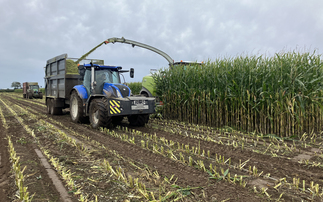
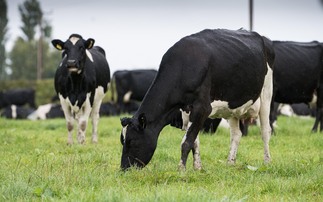

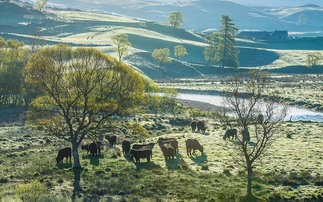
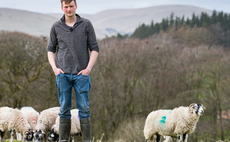
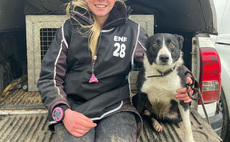
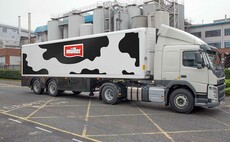
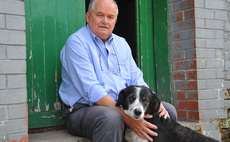
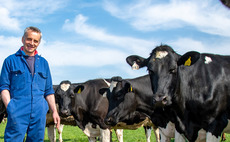

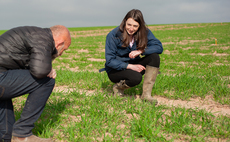

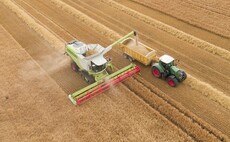
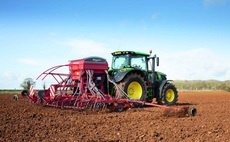
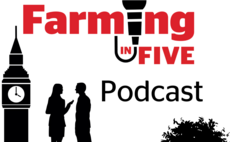
![Phil Latham: "Our industry seems to have little value for the Labour Gov and [therefore] I am increasingly worried about the USA's new tariff regime"](https://image.chitra.live/api/v1/wps/d12d03c/cad55df7-5c0d-452d-949d-1c7d39739842/1/PHIL-LATHAM-6337-230x142.jpg)
